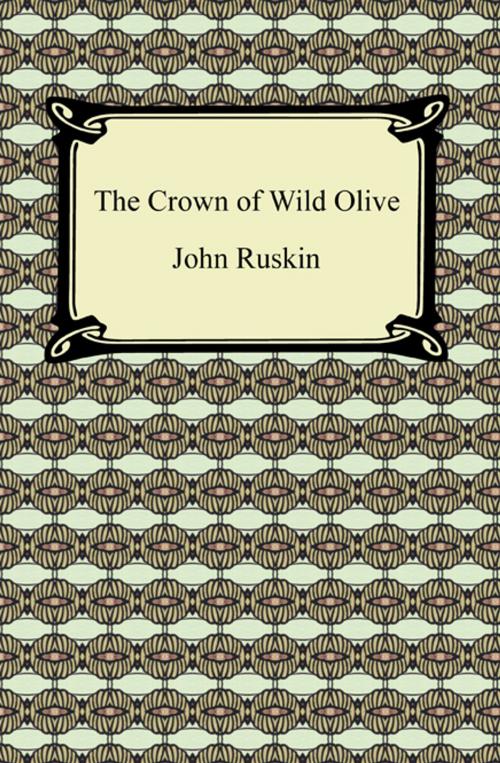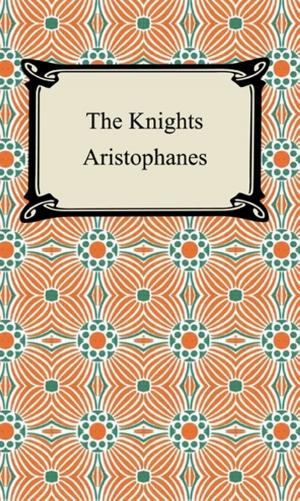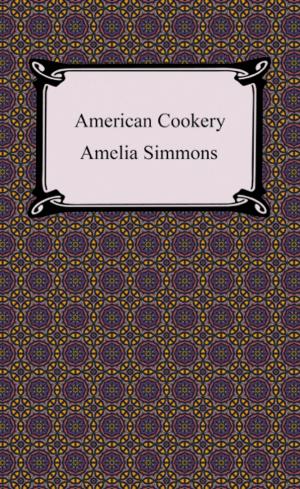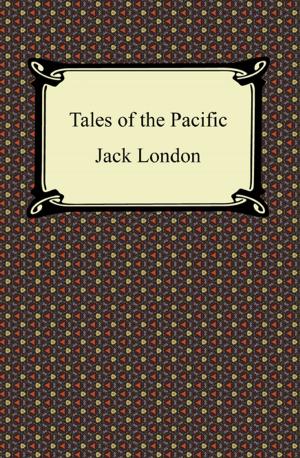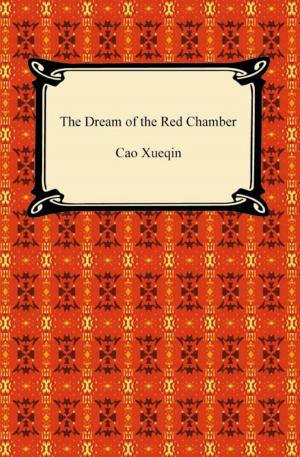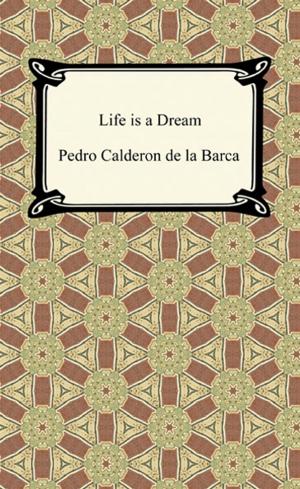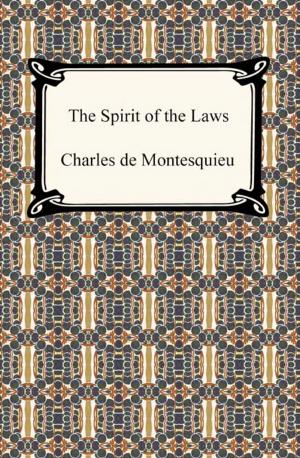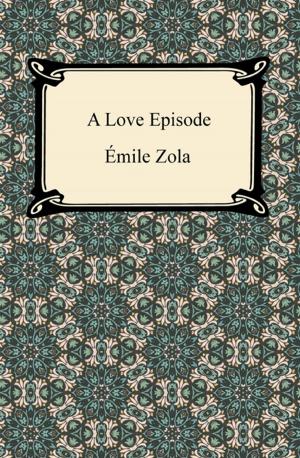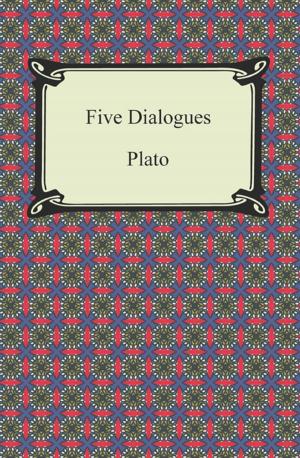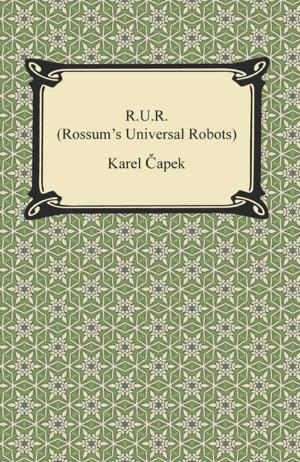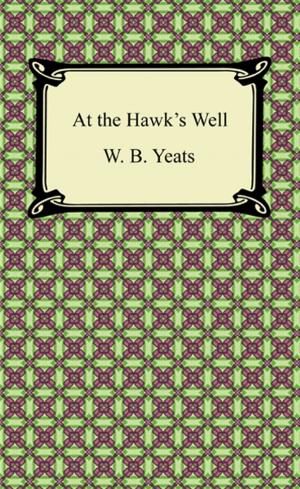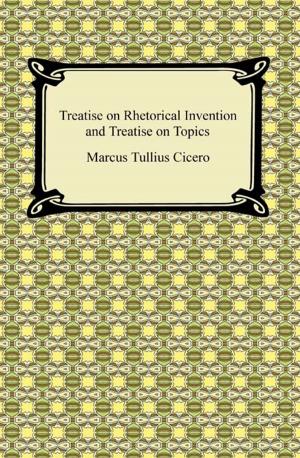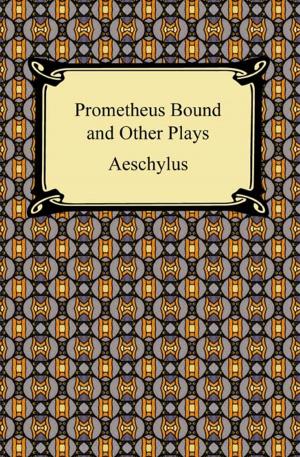| Author: | John Ruskin | ISBN: | 9781420942101 |
| Publisher: | Neeland Media LLC | Publication: | December 15, 2009 |
| Imprint: | Digireads.com Publishing | Language: | English |
| Author: | John Ruskin |
| ISBN: | 9781420942101 |
| Publisher: | Neeland Media LLC |
| Publication: | December 15, 2009 |
| Imprint: | Digireads.com Publishing |
| Language: | English |
In his day, John Ruskin (1819-1900) held the power to make or break artists with his critical reviews. He served as benefactor to many artists, and was a huge supporter of the Pre-Raphaelite movement. His legacy holds the titles poet and artist as well, as he wrote works that were very popular during his lifetime, and remain relevant today. Around the 1850's, however, Ruskin underwent a major change concerning his religious beliefs and completely gave up art criticism, turning his attention and criticism to politics. He was very involved with the formation of the British Labour Party, as well as the Christian Socialism movement, even giving up his entire inheritance after his father's death because he didn't believe there was such thing as a rich socialist. Still to this day, Ruskin has many schools named after him, including the fine arts program, Ruskin College, at Oxford, his alma mater. "The Crown of the Wild Olive" collects some of Ruskin's better essays in the style of Thomas Carlyle together. Included are essays on "Work", "Traffic", "War", and "The Future of England".
In his day, John Ruskin (1819-1900) held the power to make or break artists with his critical reviews. He served as benefactor to many artists, and was a huge supporter of the Pre-Raphaelite movement. His legacy holds the titles poet and artist as well, as he wrote works that were very popular during his lifetime, and remain relevant today. Around the 1850's, however, Ruskin underwent a major change concerning his religious beliefs and completely gave up art criticism, turning his attention and criticism to politics. He was very involved with the formation of the British Labour Party, as well as the Christian Socialism movement, even giving up his entire inheritance after his father's death because he didn't believe there was such thing as a rich socialist. Still to this day, Ruskin has many schools named after him, including the fine arts program, Ruskin College, at Oxford, his alma mater. "The Crown of the Wild Olive" collects some of Ruskin's better essays in the style of Thomas Carlyle together. Included are essays on "Work", "Traffic", "War", and "The Future of England".
